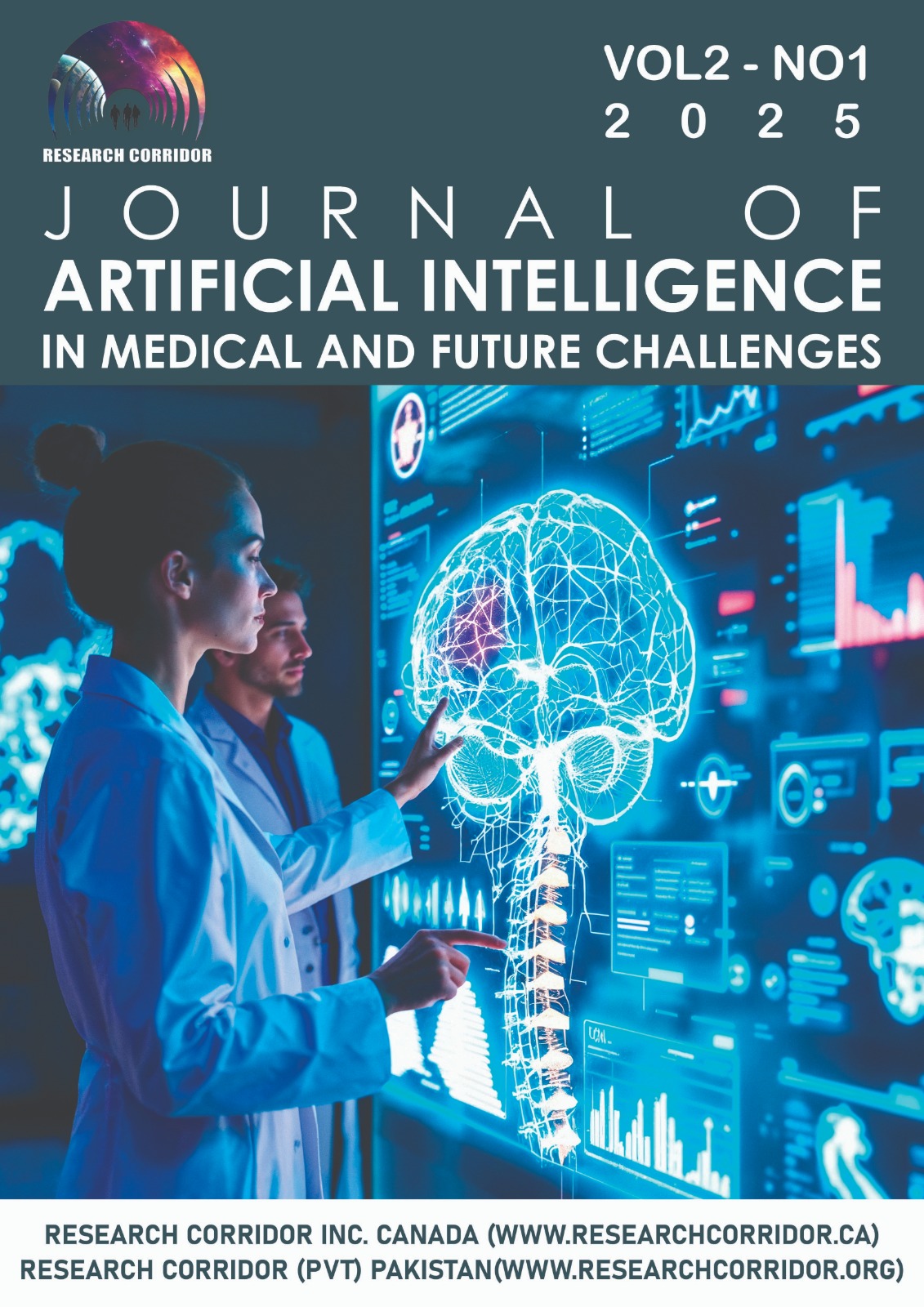Intelligent Transportation Systems: AI-Powered Innovations for Smarter Mobility
Keywords:
Artificial Intelligence, Intelligent Transportation Systems, Machine Learning, Smart Mobility, Traffic Optimization, Autonomous Vehicles, Blockchain, Data Security, Urban Transportation, Predictive Analytics, Ethical Challenges, Sustainable MobilityAbstract
The rapid evolution of Artificial Intelligence (AI) has transformed various industries, with the transportation sector being a primary beneficiary. Intelligent Transportation Systems (ITS) leverage AI-driven technologies such as machine learning, deep learning, computer vision, and the Internet of Things (IoT) to enhance mobility, optimize traffic flow, and improve road safety. These systems integrate real-time data from sensors, cameras, and GPS devices to facilitate adaptive traffic management, predictive analytics, and autonomous vehicle navigation. AI-powered ITS contribute to sustainable urban mobility by reducing congestion, minimizing carbon emissions, and enhancing public transportation efficiency. Furthermore, AI-enabled decision-making supports proactive traffic control, accident prevention, and enhanced vehicle-to-infrastructure (V2I) communication. The integration of blockchain with AI in ITS strengthens data security and transparency, fostering a reliable and efficient transportation ecosystem. However, the widespread adoption of AI in transportation poses challenges related to data privacy, cybersecurity, and ethical considerations. Addressing these challenges requires interdisciplinary research and policy frameworks that balance innovation with societal concerns. Future advancements in quantum computing and edge AI hold the potential to further enhance ITS efficiency and responsiveness. This paper explores AI-powered ITS innovations, their impact on smarter mobility, associated challenges, and prospective developments that can revolutionize urban transportation systems.





